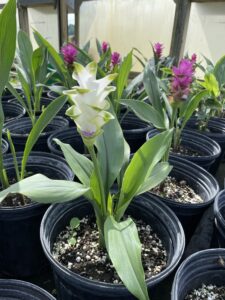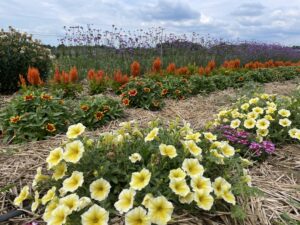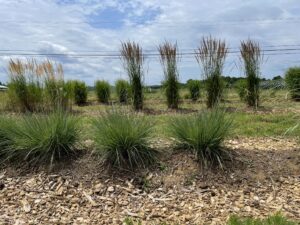Rutgers, in collaboration with Cumberland Nurseries and The New Jersey Nursery and Landscape Association (NJNLA), will be holding the Annual Growers Meeting at Cumberland Nurseries this Thursday afternoon.
When: This Thursday 6/20/2024 (4-8PM)
Where: 1521 Bridgeton-Millville Pike, Millville, NJ 08332
Credits Available:
-
NJ Pesticide Credits: 2x – CORE : 1x- 1A, 3A, 10, PP2
-
LTE/LTCO: 1.5, CNLP: 1.5 Environment
Registration is required: Click here to register and for more information
AGENDA
4:00 – 6:00pm: Networking, meal, sign-in.
6:00 – 7:00pm: CEU Seminar: Tim Waller, Rutgers “Back to Basics – Pesticide Use”.
7:00 – 7:30pm: Questions and Discussion.
7:30 – 8:00pm: Door prizes and networking.
8:00pm: Adjourn.
Tim Waller will be presenting on “Back to Basics – Pesticide Use” which will be split into two sections. Section 1 will principally focus on reminders related to safe handling and application of pesticides. Specific topics will include reminders related to navigating labels, understanding PPE requirements, how REI and PHI can impact day-to-day activities, along with reminders related to handler training and the pesticide certification process will be discussed. We will also look at sprayer calibration and component selection as this can critically impact both the volume of materials used, and the ultimate efficacy of pest management via pesticide applications. Section 2 will focus on the decision-making process when determining where an application will be directed (air blast foliar, drench, pre/post potting granular etc.) and the label language that would allow that, along with specific pest examples to include at least 1 insect pest, 1 foliar disease, and1 root disease. Seminar is geared towards reminding growers of safe and effective use techniques in their operation.



